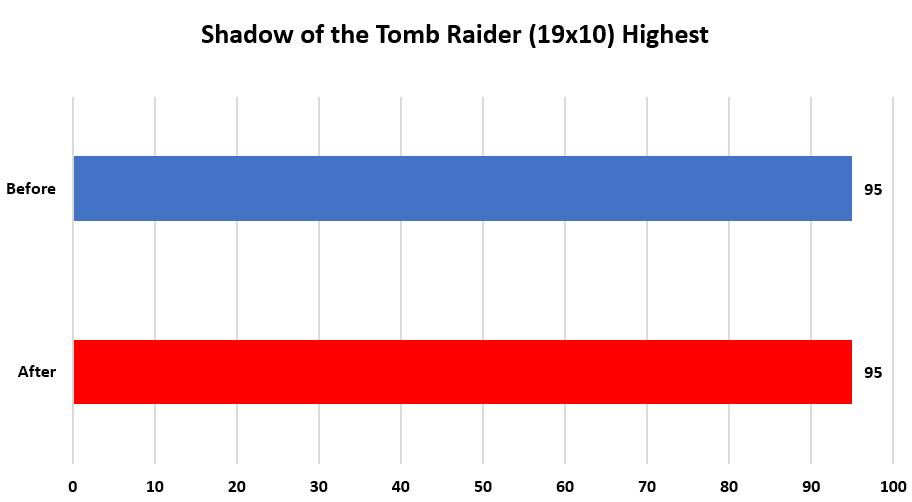Had Benjamin Franklin been alive today he may well have added “bloatware” to his famous quote: “But, in this world nothing is certain but death and taxes.”
The fact is, if you buy a Windows PC or laptop it’s going to come with a bunch of annoying apps that have very little actual benefit to you but provide the apps’ vendors a nice little income stream when hapless users sign up.
I’m all too aware of this scourge. I’ve got a heap of bloatware on my new gaming laptop and I’m spitting chips about it!
Bloatware is another way companies remove my agency to decide on things myself…
Shouldn’t I be free to enjoy the power of my freshly minted rig by playing fun games rather than having to spend all my time blocking annoying and persistent pop-ups?
What’s more, isn’t it a shame that someone other than the laptop’s owner (me) has decided to fill some of its limited 256GB storage with enough useless junk that I now can’t even load one triple-A game on it?
You only have to read a few Reddit entries to see that complaints about bloatware are common. “No, I don’t want a subscription to that VPN,” and “I have absolutely no interest in cleaning up my brand-new SSD,” for example.
Why then do OEMs and Microsoft insist on bombarding us with this stuff when it’s so clear that anyone and everyone who buys a PC feels such antipathy?
Besides being very inconvenient to manage, my main concern upon discovering all the bloatware on my rig was how it would affect my laptop’s performance running games. Was it going to kill some of my frame rates? I just had to find out…
Was my laptop’s bloatware reducing my FPS in games?
I resisted the temptation to remove the apps on first boot so that I could carry out before and after testing.
I measured frames-per-second (fps) in the game benchmarks Shadow of the Tomb Raider and Metro Exodus and then again after removing the seven bloatware apps on my Razer Blade 14 (Ryzen 9 5900HX, Nvidia GeForce RTX 3080). I then graphed the results below:

Dominic Bayley / IDG
Dominic Bayley / IDG
<div class="scrim" style="background-color: #fff" aria-hidden="true"></div>
</div></figure><p class="imageCredit">Dominic Bayley / IDG</p></div>
Dominic Bayley / IDG
<div class="lightbox-image-container foundry-lightbox"><div class="extendedBlock-wrapper block-coreImage undefined"><figure class="wp-block-image size-full enlarged-image"><img decoding="async" data-wp-bind--src="selectors.core.image.enlargedImgSrc" data-wp-style--object-fit="selectors.core.image.lightboxObjectFit" src="" alt="Metro Exodus" class="wp-image-2446770" width="883" height="456" loading="lazy" /></figure><p class="imageCredit">Dominic Bayley / IDG</p></div> </div></figure><p class="imageCredit">Dominic Bayley / IDG</p></div>As you can see there’s virtually no difference in my laptop’s average fps before and after I removed the bloatware apps. Frame rates differed by only 1 fps in Metro Exodus, which is barely anything to whine about.
Although there was an almost negligible change in the performance of games run on my laptop, that doesn’t mean it will be true of your experience.
Your PC’s bloatware may still be reducing your PC’s performance if your specs are different than mine, if you have more apps, different apps, or if they’re taking up a lot more disk space. Without testing yourself, you can’t say for certain.
Personally, despite this result, I’m still going to keep my laptop free of bloatware. And here’s another reason why….
Another good reason to get rid of bloatware
Just because I’m not getting any performance slowdown, doesn’t mean I don’t want to shut down bloatware as an insidious way companies are trying to get their products into my head.
To use an analogy, shipping me a new gaming laptop loaded with bloatware is a bit like sending me a giant birthday cake only for Ronald McDonald to burst out of it and try to sell me a cheeseburger! That’s not really something I’d ever want.
Having had my brain filled over decades with the inane jingles and clips of hamburger ads on free TV (I’m still slightly traumatized by the ad where everything Hamburglar touches becomes a hamburger), I now mute just about all ads on my media devices.
I’ve got very few cognitive resources left to store any more Coke songs either.
Bloatware is commercial bombardment geared for a new era, another way companies try to remove any agency I have to decide on things myself. It also interferes in the fun of investigating different products or services and make informed decisions without being influenced beforehand.
In my view, some of the worst offenders are the antivirus programs. Some are so cunning they’re almost like viruses themselves. I’ve even seen a few revert to social engineering, touting pop-up warning messages about imminent threats to get me to panic-buy their products. Ah, bloatware? No thanks!
Chcete-li přidat komentář, přihlaste se
Ostatní příspěvky v této skupině

I’m not saying Windows is a terrible operating system, but it’s defin

USB flash drives are pretty self-explanatory, aren’t they? All you ha





If you want to charge your laptop while on the go, then you need a po
